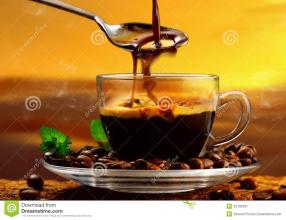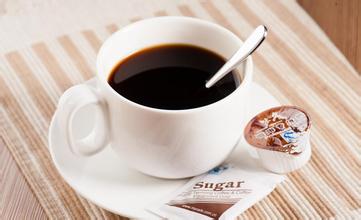Full-bodied and sweet Peruvian coffee grindability characteristics of varieties taste manor introduction
Peruvian coffee beans are best known for their coffee beans from Chimacha Mayou in the middle and Cusco in the south. In addition, some areas in northern Peru also produce characteristic organic coffee. Organic coffee is made of beans grown in the shade of trees. Although the yield of coffee beans is not high because of the method of planting in the shade, its quality can reach the level of gourmet coffee. This is because shading trees can slow down the ripening of coffee trees, help coffee grow fully, make it contain more natural ingredients, breed better flavors, and reduce caffeine content.
Peruvian coffee is grown in a planned way, which has greatly increased coffee production. Its rich acidity and mellow smoothness are its most prominent features. Peruvian coffee has a soft sour taste, medium texture, good taste and aroma, and is an indispensable ingredient in the production of comprehensive coffee. High-quality Peruvian coffee, with strong aroma, smooth, layered, rich sweet, elegant and mild sour taste, will quietly awaken your taste buds.
Compared with high-quality organic Peruvian coffee, the difference between ordinary organic Peruvian coffee and high-quality organic Peruvian coffee is huge: relatively cheap beans are not only poor in quality, but often have obvious defects in the cup. Especially the grass flavor, overfermented flavor. It takes a lot of work to find good Peruvian coffee beans among a lot of middlemen or other people who can buy them. However, it also takes a lot of hard work to pick sample beans. But that's better than working hard in piles of papers.
Peruvian coffee features:
The quality of Peruvian coffee is comparable to that of any kind of coffee in Central or South America.
Flavor: balanced taste and delicious acidity
Suggested roasting method: medium to deep roasting, can be made into high-quality mixed coffee suitable for various uses
★: general

Important Notice :
前街咖啡 FrontStreet Coffee has moved to new addredd:
FrontStreet Coffee Address: 315,Donghua East Road,GuangZhou
Tel:020 38364473
- Prev

Introduction to the characteristics of grindability of aromatic Tanzanian coffee varieties and flavor description
Coffee beans in Tanzania are of extraordinary quality. They are produced in the Mohi district near Mount Kilimanjaro. The mountains with a height of 3,000 to 6,000 feet are the most suitable areas for growing coffee. The fertile volcanic ash gives the coffee here a strong texture and soft acidity. It exudes delicate aromas and contains aromas of wine and fruit.
- Next

Description of Coffee Flavor of Musk Coffee characteristics of Grinding degree introduction of taste manor in producing area
Civets are distributed in many areas, but only Sumatran civets, also known as Indonesian civets, can produce Kopi Luwak. What makes the civet special is that it has a gland near its anus that secretes milky oil, which has always been a precious raw material for the perfume industry. Even Shakespeare's play King Lear has this dialogue: please give me one.
Related
- Detailed explanation of Jadeite planting Land in Panamanian Jadeite Manor introduction to the grading system of Jadeite competitive bidding, Red bid, Green bid and Rose Summer
- Story of Coffee planting in Brenka region of Costa Rica Stonehenge Manor anaerobic heavy honey treatment of flavor mouth
- What's on the barrel of Blue Mountain Coffee beans?
- Can American coffee also pull flowers? How to use hot American style to pull out a good-looking pattern?
- Can you make a cold extract with coffee beans? What is the right proportion for cold-extracted coffee formula?
- Indonesian PWN Gold Mandrine Coffee Origin Features Flavor How to Chong? Mandolin coffee is American.
- A brief introduction to the flavor characteristics of Brazilian yellow bourbon coffee beans
- What is the effect of different water quality on the flavor of cold-extracted coffee? What kind of water is best for brewing coffee?
- Why do you think of Rose Summer whenever you mention Panamanian coffee?
- Introduction to the characteristics of authentic blue mountain coffee bean producing areas? What is the CIB Coffee Authority in Jamaica?

